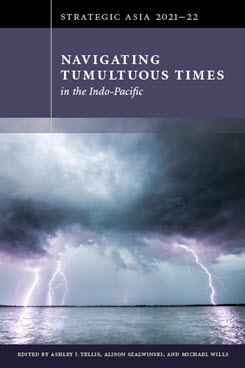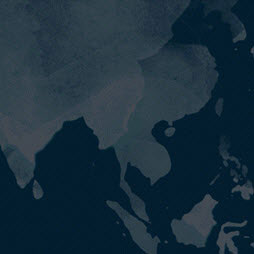Strategic Competition in Oceania
This chapter examines the effects of strategic competition, primarily between the U.S. and China, on the national trajectories and economic and security policies of states in Oceania.
EXECUTIVE SUMMARY
MAIN ARGUMENT
States in Oceania are facing increasingly acute questions about how to balance their security and economic relationships. U.S.-China strategic competition is shaping to varying degrees how these states recalibrate their relationships with great powers while maintaining relative autonomy in their economic, foreign, and security policies. Strategic competition also forms the backdrop for Oceania’s complex intraregional politics. While Australia, New Zealand, and the Pacific Island states are all members of the Pacific Islands Forum, an increasing tendency toward subregionalism, exacerbated by the continued presence of colonial powers and diplomatic competition between China and Taiwan, threatens the forum’s solidarity. However, the effects of and responses to broader strategic dynamics are not uniform across this diverse region.
POLICY IMPLICATIONS
- China’s statecraft has been inconsistent across Oceania, as have regional responses. While Australia views China as a security competitor, other states have engaged with it through projects such as the Belt and Road Initiative.
- Australia previously avoided explicitly choosing sides, but China’s coercive tactics and the announcement of the AUKUS security partnership indicate that it has chosen the U.S. While New Zealand is keen to maintain autonomy, it is now, albeit reluctantly, more closely aligning with the U.S. Most Pacific Island states will likely continue using structural dynamics for leverage. Yet how long they can balance their complex relationships remains unclear.
- The U.S. must rebuild trust in its role as a preferred regional partner. The Biden administration’s commitment to tackle climate change is a start but should be augmented by wider commitments to regional priorities.
Rebecca Strating is the Executive Director of La Trobe Asia and an Associate Professor in Politics and International Relations in the Department of Politics, Media and Philosophy at La Trobe University.
Joanne Wallis is Professor of International Security in the Department of Politics and International Relations at the University of Adelaide.



